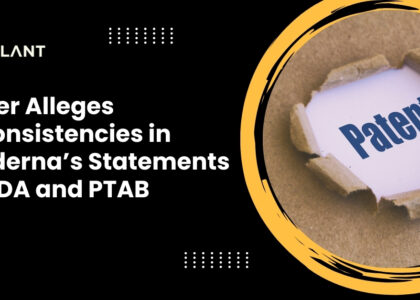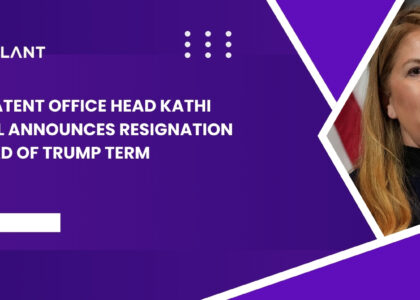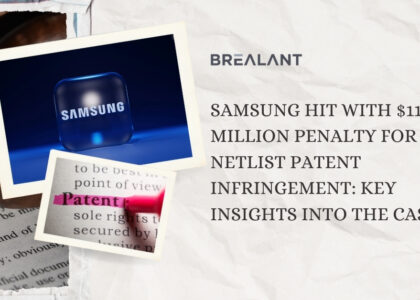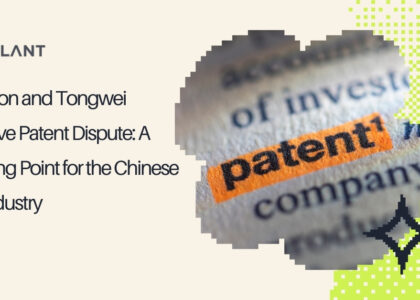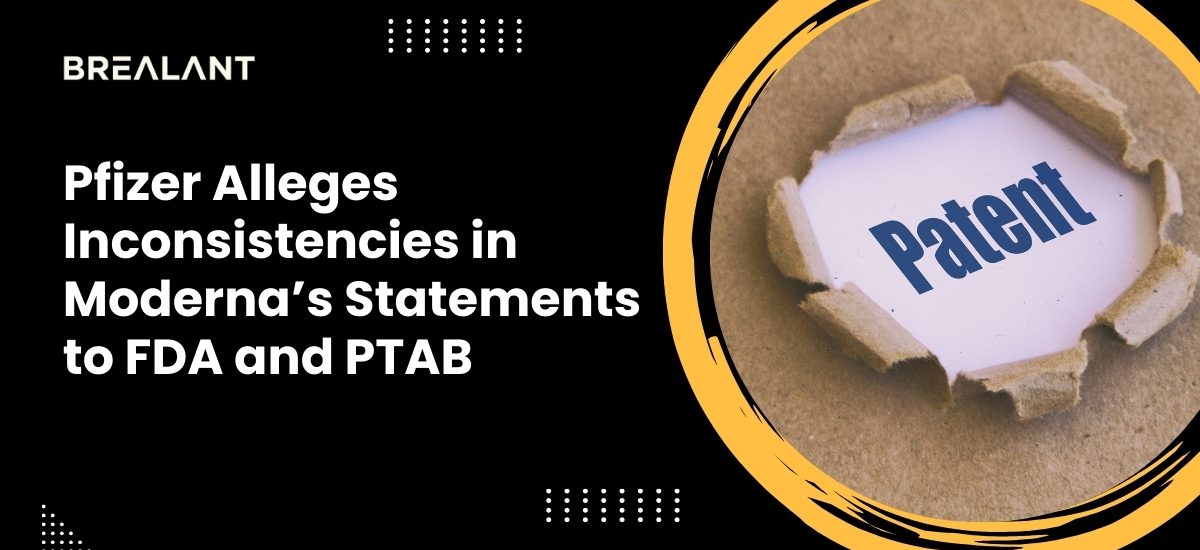

Patent Battles in Biotech: Pfizer vs. Moderna and the Case of Inconsistent Statements
In the fast-paced world of biotechnology, where innovation can mean the difference between life and death, patent disputes are nothing new. However, a recent skirmish between pharmaceutical giants Pfizer and Moderna has brought to light a thorny issue: the consistency of statements made to regulatory bodies and patent offices.
At the heart of the dispute lies Moderna’s patent on mRNA vaccine technology, a groundbreaking area of research that has revolutionized the field of immunology, particularly in the context of COVID-19. Pfizer and its partner BioNTech have challenged the validity of Moderna’s patent through an inter partes review (IPR) process before the Patent Trial and Appeal Board (PTAB).
Pfizer’s argument hinges on what it perceives as inconsistencies in Moderna’s statements. According to Pfizer’s brief to the PTAB, Moderna has made contradictory declarations to the Food and Drug Administration (FDA) during the drug approval process and in response to Pfizer’s IPR petition. Specifically, Pfizer alleges that Moderna represented to the FDA that certain prior studies supported the safety and efficacy of mRNA vaccines, only to dismiss the same prior art as irrelevant in the context of the patent dispute.
In its defense, Moderna contends that Pfizer’s petition is an attempt to gain an unfair advantage by rehashing the same arguments presented in district court litigation between the two companies. Moderna asserts that the cited documents are not inconsistent and that Pfizer’s accusations are misplaced.
The crux of the matter lies in whether Moderna’s statements to the FDA can be reconciled with its position before the PTAB. Pfizer argues that Moderna should not be allowed to selectively embrace prior art when it suits its interests, only to distance itself from the same prior art in a different legal context.
This case underscores broader concerns about the integrity of statements made to regulatory agencies and patent offices. The United States Patent and Trademark Office (USPTO) and Congress have taken note of the issue, with efforts underway to address inconsistent statements in submissions to both the USPTO and FDA.
In August 2022, the USPTO issued a notice clarifying the duties of disclosure and reasonable inquiry for pharmaceutical patent applicants and parties to PTAB proceedings. This initiative was spurred by calls from senators to establish better interagency communication and eliminate so-called “drug patent thickets.”
However, not everyone in the pharmaceutical community sees these efforts as necessary. Some have criticized the motivations behind such initiatives, suggesting that they are based on inaccurate data and may be driven by external influences.
At the center of the Pfizer-Moderna dispute is U.S. Patent No. 10,933,127, which holds significant implications for the future of mRNA vaccine technology. The outcome of this case will not only affect the parties involved but also shape the broader landscape of biotech patent disputes and regulatory oversight.
In conclusion, the battle between Pfizer and Moderna highlights the complex intersection of intellectual property rights, regulatory compliance, and legal strategy in the biotechnology industry. As technological innovation accelerates and the stakes grow higher, the need for clarity and consistency in statements made to regulatory agencies and patent offices becomes increasingly paramount.





